“Passion is never enough; neither is skill. But try. Forget your name in the street; tell us what the world has been to you in the dark places and in the light. Don’t tell us what to believe, what to fear. Show us belief’s wide skirt and the stitch that unravels fear’s caul.”
Toni Morrison spoke those words on October 7, 1993, the day she made history by becoming the first African-American to win literature’s Nobel Prize. The essayist, author, editor and and educator did more than express her gratitude on that momentous day: with her unique approach to prose and her insistence of infusing the ordinary with heartbreaking eloquence, Morrison demonstrated her prowess while issuing forth a challenge to all who listened, or read, to reach higher, stretch farther and and dig deeper inside while influencing others. Moments like these were what reverberated with me the most upon learning that Toni Morrison, one of my most favorite writers and easily among the most prolific and celebrated literary voices of all-time, passed away earlier this week at the age 88. 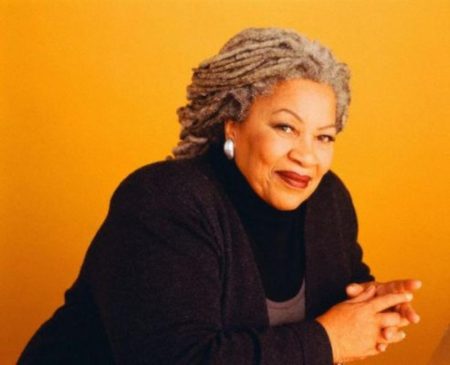
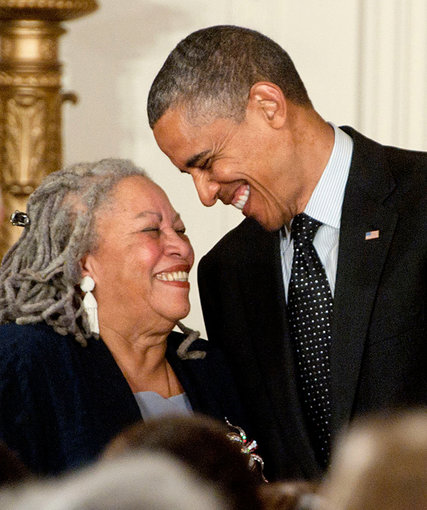 Whether it was one of her acclaimed novels (Song of Solomon, Tar Baby, Beloved), the culture-shifting publications she championed or the essays she wrote (The Source of Self-Regard: Selected Essays, Speeches and Meditations was released earlier this year) illuminating the joys and pains of class, race, gender and the politics therein, the impact of Toni Morrison in the 20th or 21st century cannot be understated or denied. Her working-class beginnings in Lorain, OH were humble, but it was her parents’ insistence on raising her with knowledge of the ancestors and a love of reading that imbued the former Chloe Wofford with the desire, and the dedication, to expound and curate literature without the hindrance of what she referred to as “ideological whiteness.” Toni Morrison’s unflinching commitment to express the rawest and most soul-searing aspects of womanhood and blackness, often held up to the distorted mirror of sexism, poverty and prejudice, is what will resonate through time. Since her first ground-breaking novel, 1970’s The Bluest Eye, Toni Morrison has enthralled us, empowered us and forced us to experience passions and perspectives that we may been left bereft of otherwise.
Whether it was one of her acclaimed novels (Song of Solomon, Tar Baby, Beloved), the culture-shifting publications she championed or the essays she wrote (The Source of Self-Regard: Selected Essays, Speeches and Meditations was released earlier this year) illuminating the joys and pains of class, race, gender and the politics therein, the impact of Toni Morrison in the 20th or 21st century cannot be understated or denied. Her working-class beginnings in Lorain, OH were humble, but it was her parents’ insistence on raising her with knowledge of the ancestors and a love of reading that imbued the former Chloe Wofford with the desire, and the dedication, to expound and curate literature without the hindrance of what she referred to as “ideological whiteness.” Toni Morrison’s unflinching commitment to express the rawest and most soul-searing aspects of womanhood and blackness, often held up to the distorted mirror of sexism, poverty and prejudice, is what will resonate through time. Since her first ground-breaking novel, 1970’s The Bluest Eye, Toni Morrison has enthralled us, empowered us and forced us to experience passions and perspectives that we may been left bereft of otherwise.
A former English teacher (she once taught at Texas Southern University in the 1950s) and professor who later became the first black woman senior editor at Random House’s fiction department, Morrison brought unknown black authors in the mainstream by championing their works, including the pioneering 1972 collection, Contemporary African Literature. And when it came to the scourge of racism, Toni’s interviews and published insights teemed with boldness and prescience, such as her November 2016 essay regarding the election of Donald Trump: “So scary are the consequences of a collapse of white privilege that many Americans have flocked to a political platform that supports and translates violence against the defenseless as strength. These people are not so much angry as terrified, with the kind of terror that makes knees tremble.”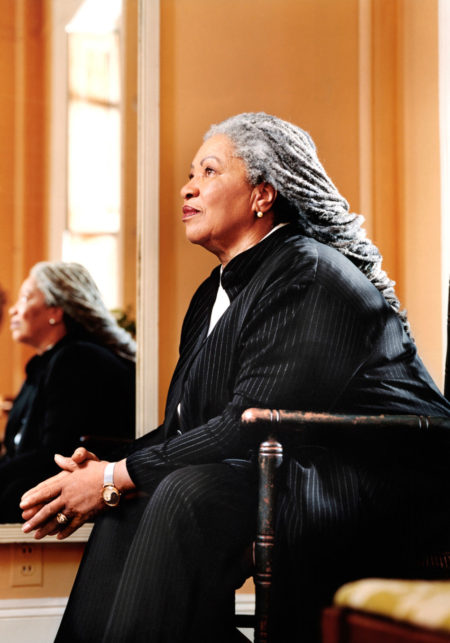
Whatever Toni Morrison decided to write, whether it was steeped in struggle, brimming with optimism or edged in angst, she managed to appeal to something in us all, even if that was never her intent: In 1989’s I Dream a World, Morrison stated that she wanted to write from her perspective or not at all: “My job is to not become anybody’s creature, not the publisher’s, not the critical establishment’s, not the media’s, not anybody’s. I’m not doing anyone justice, not the women’s movement, not the black movement, not novels, not anyone, if I toe the line. I want to write better. Think better. I don’t know how not to want that. And better for me may not be in step with what is current and prevailing.”

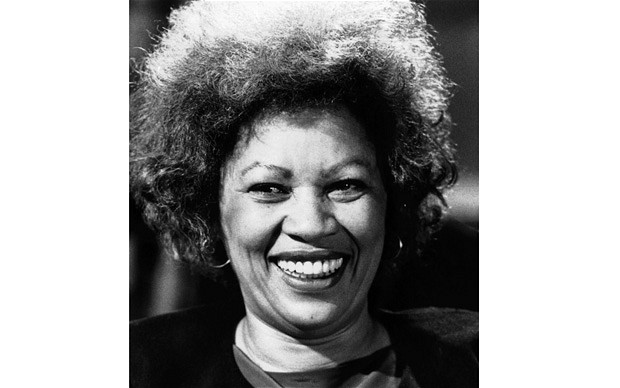
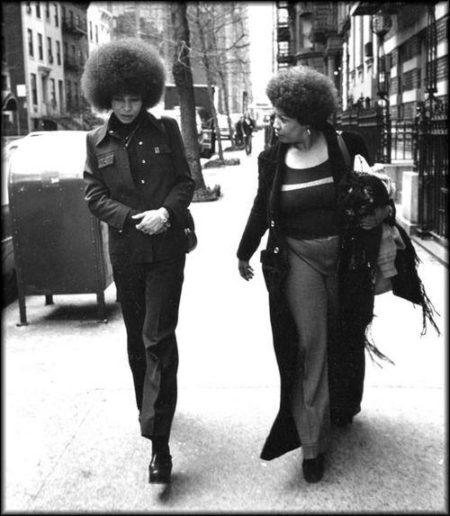

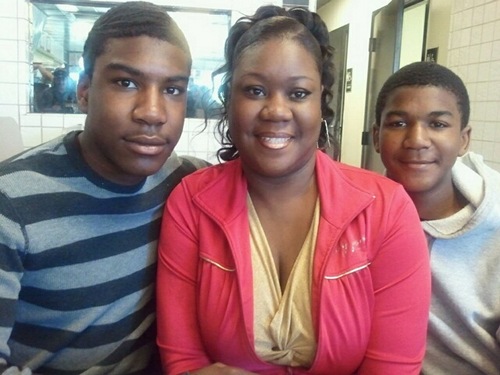


1 Comment
Really influential woman who left a mark. She was a great writer and novelist. May she rest in peace.
March 12, 2023 at 11:17 am